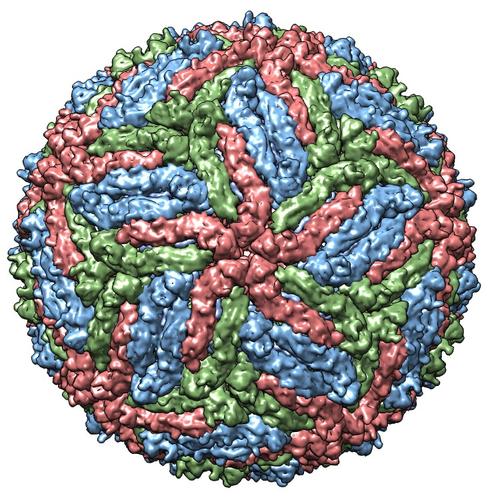RIO DE JANEIRO, BRAZIL – A new strain of the zika virus is in circulation in Brazil, according to researchers at the Center for the Integration of Data and Knowledge for Health (CIDACS), of Fiocruz Bahia. Through a tool that monitors the genetic sequences of the virus, scientists have for the first time detected an African strain with the potential to trigger a new epidemic in the country.

According to Artur Queiroz, one of the study’s leaders, two data show that the strain circulated throughout Brazil in 2019:
It was found in two states located far from each other: Rio Grande do Sul and Rio de Janeiro; the hosts that “sheltered” the viruses were different: a “cousin” of the Aedes aegypt mosquito, called Aedes albopictus, and a species of monkey. The finding was published in early June in the “International Journal of Infectious Diseases”.
The CIDACS tool has been tracking which ones are circulating in Brazil since 2015. There are notable changes in the 248 genetic sequences analyzed over the period: until 2018, most of them were of an Asian subtype from Cambodia (90 percent). In 2019, another subtype became predominant: the Micronesian subtype (89.2 percent).
Another worrying finding was that in 2019, according to the study, 5.4 percent of the sequences were new in the country, from the African strain.
According to Queiroz, there is a danger of a new epidemic. “The majority of the population has no antibodies for this,” he says.
Number of cases in 2020
According to the Ministry of Health, 3,692 likely cases of Zika virus were reported in 2020 – well below the 47,105 cases of Chikungunya and 823,738 of Dengue fever. According to scientists, with the new genetic strain, the situation may change.
Larissa Catharina Costa, one of the research authors, stresses the need for constant monitoring. “Nowadays, with the focus on Covid-19, this study serves as a warning to not forget other diseases, particularly Zika. (…) Genetic studies should continue to be conducted in order to prevent an outbreak of the disease with the new genotype in circulation,” she says.
Source: G1

